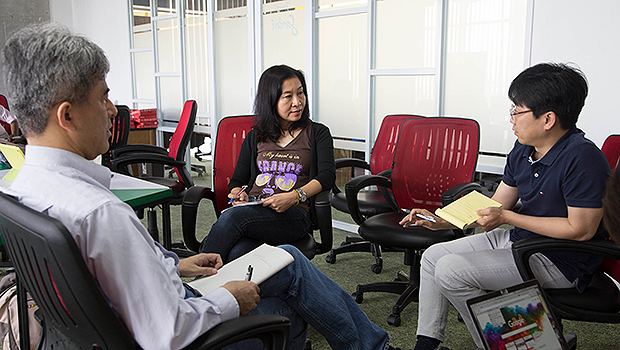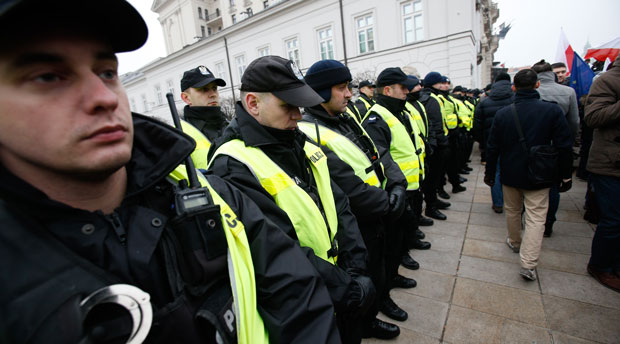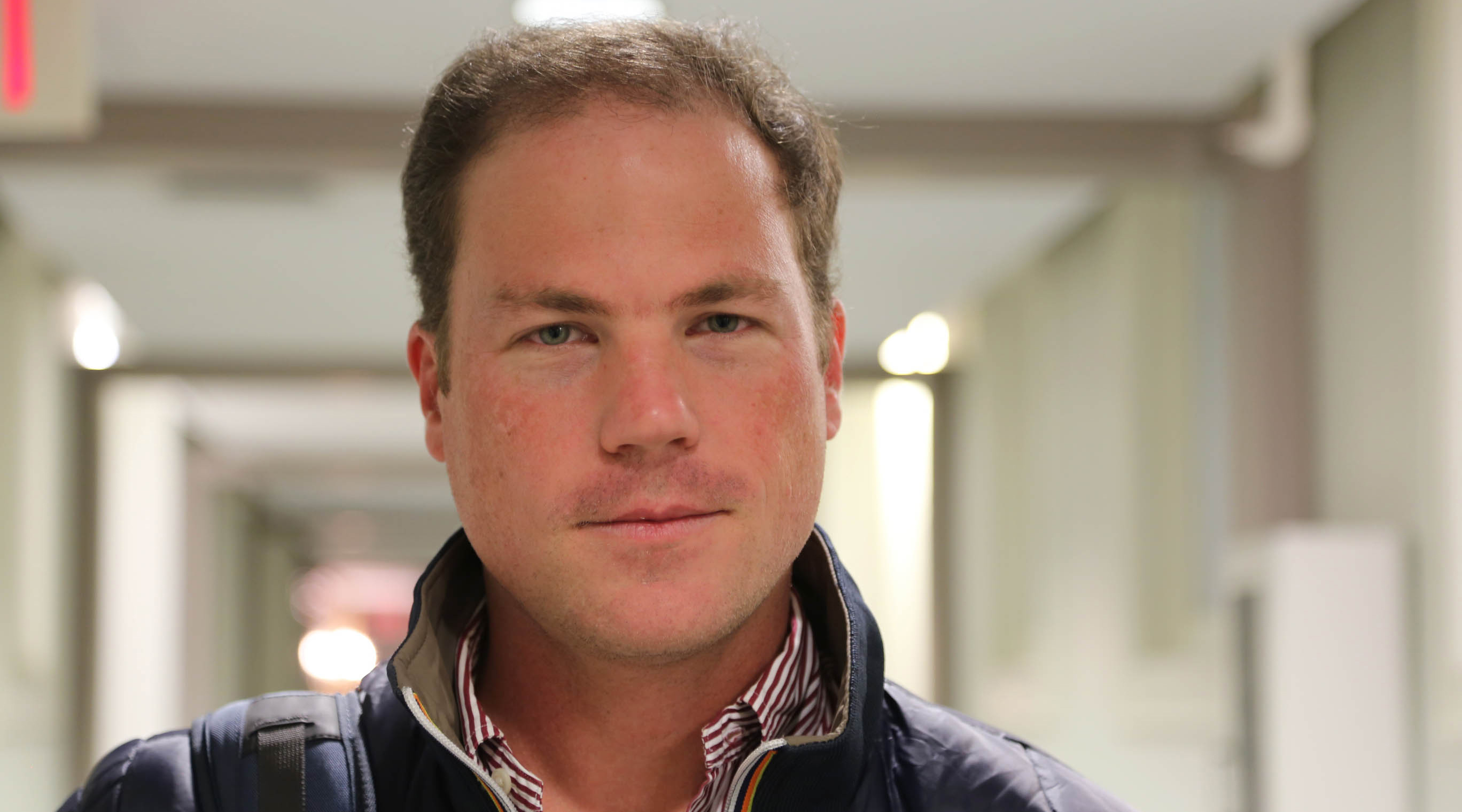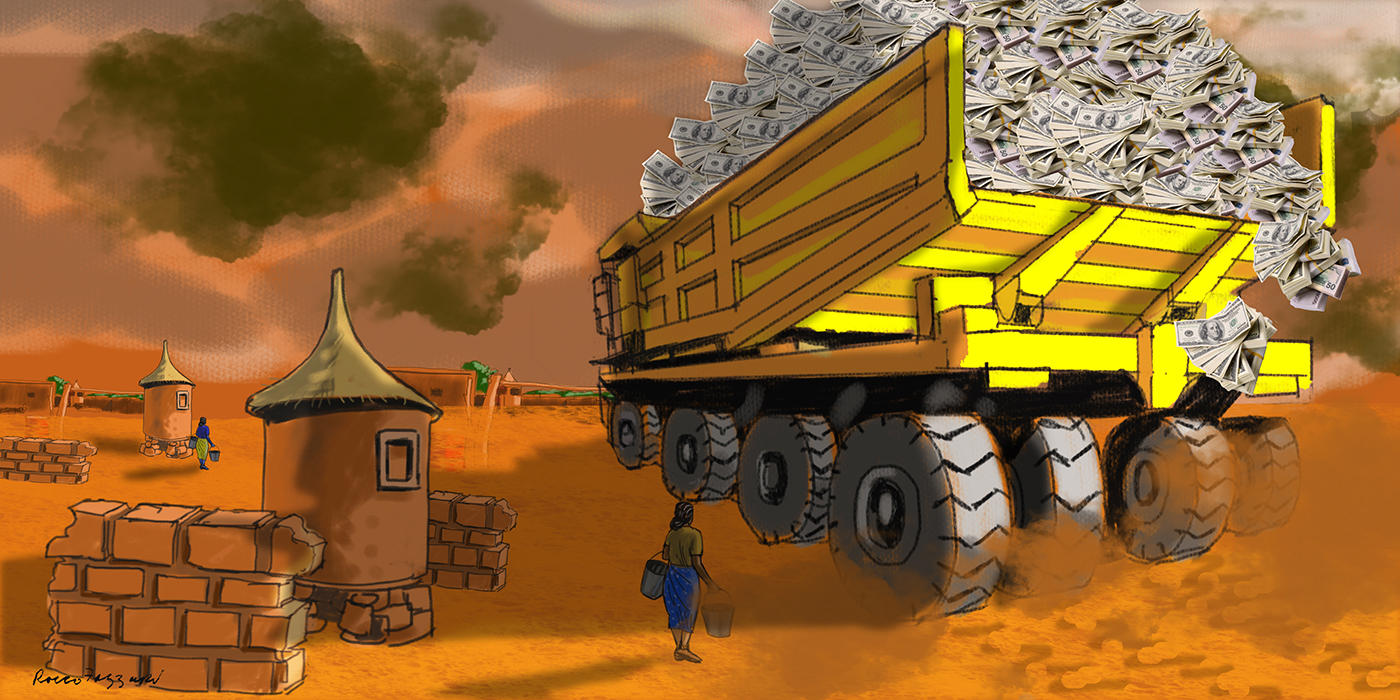ICIJ collaborates with journalists all around the world to break stories such as the Paradise Papers, Panama Papers, Evicted and Abandoned, Fatal Extraction and more. This series gives you the inside story of what it’s like being an investigative reporter and explores some of the challenges faced by these journalists.
Facing prosecution, censorship and financial hardship, Thai reporters are finding it more and more difficult to hold the government and corporations to account.
Thailand has a “strong investigative reporting culture,” said Prangtip Daorueng, an investigative reporter and a member of the International Consortium of Investigative Journalists. But attacks against freedom of expression in the recent years have been crippling.
“Cruel April” and “Savage May,” as Thai media dubbed those critical months in 2010, marked a turn for the worse for the local press.
During the violent confrontations between security forces and anti-government protesters more than 2,000 people were injured and at least 90 were killed, including an Italian photographer and a Japanese video journalist (a colleague of this reporter at the time.)
Four turbulent years followed, until the army took power with a coup in May 2014.
As a result, “the current media and political environment is more restricted and full of uncertainties,” Daorueng said.
Recent news reports have documented the existence of so-called attitude adjustment camps for those who publicly criticize the government or who are deemed a threat to national security.
Lèse-majesté provisions, preventing anyone from defaming, insulting or threatening the royal family, can carry a penalty of up to 15 years behind bars.
A 2016 law on computer-related crime is yet another tool designed to “drastically tighten the chokehold” on online speech, according to Human Rights Watch.
“If you speak ill of the draft charter, you’ll be summoned for attitude adjustment.” #Thailand deputy PM Prawit. pic.twitter.com/DrRp9u7RMP
— Sunai (@sunaibkk) February 2, 2016
And the list of challenges that reporters face doesn’t end there. “I see a sign of growing corporate influence over governments in many Southeast Asian” countries, said Daorueng, who has also worked in Indonesia and Malaysia.
“When bad companies work with repressive governments, journalists suffer.”
How the Panama Papers, Paradise Papers can help
She believes that international collaborations such as the ICIJ-led Panama Papers and the Paradise Papers could be a remedy.
Not only do they raise awareness of issues such as corporate transparency and accountability, they also help “put pressure on governments and the corporate sector by drawing more public attention [and] can indirectly help shield reporters from pressure that might come from one’s own country,” she said.
Daorueng began to collaborate with ICIJ when she contributed to Collateral Damage, an investigation into the U.S. anti-terrorism program abroad, and Divine Intervention, an exposé of the George W. Bush administration’s AIDS policy in developing countries. One of the findings was that Thailand, with the biggest HIV-positive population in Southeast Asia at the time, was receiving only a small share of the funding and that the American program was putting the health of local sex workers at risk by promoting abstinence over condom use.
Most recently Daorueng also worked with ICIJ reporting on the hidden fortunes of Thailand’s richest men and on the offshore deals of the country’s most powerful corporations.
[Cross-border collaborations] can challenge the restrictions by helping one another to obtain information and publish their stories.
Each project has represented a different challenge, but each has also given her new skills. For instance, in order to work with more than 370 colleagues on the Panama Papers – an investigation stemming from a leak of more than 11 million files – she had to learn how to use encrypted emails and secure mobile messaging applications.
The learning curve has been “steep,” she said, but in the end it paid off. Today Daorueng uses those same technologies in her daily job while trying to dodge unwanted attention to her reporting activities.
As a freelancer she prefers to work from Bangkok to avoid possible physical harassment sometimes faced by reporters in more remote areas. She’s also cautious about selecting her publisher and often collaborates with Isranews, a non-profit news organization that strives to be independent from business interests.
With Thailand falling six places in Reporters Without Borders’ World Press Freedom Index last year – the country is currently 142 out of 180 countries – Daorueng has one piece of advice for her Thai colleagues, as well as those in neighboring countries.
In such a repressive environment, cross-border collaboration among journalists is “crucial,” she said. Together they “can challenge the restrictions by helping one another to obtain information and publish their stories.”
Read more about the challenges our members and partners face:




